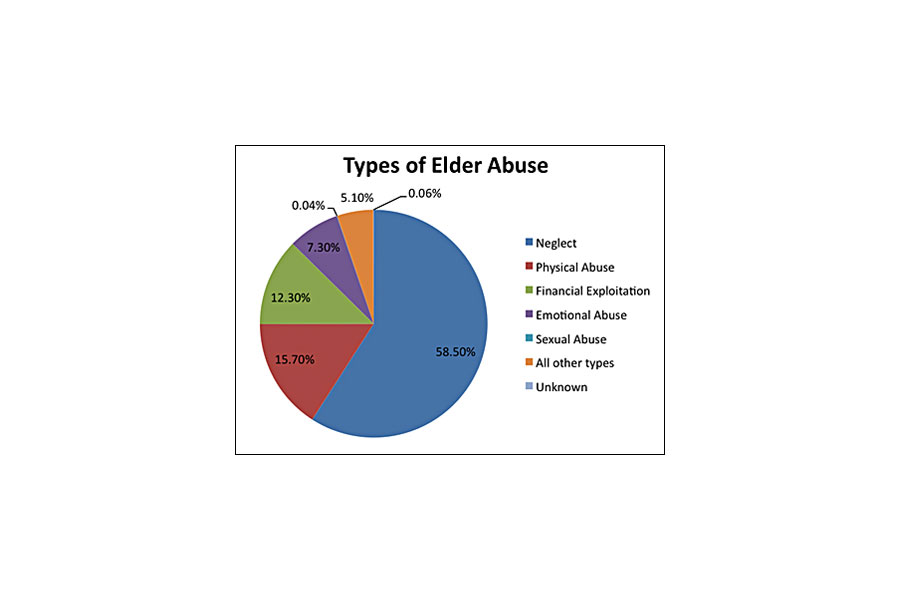In many criminal cases, Adult Protective Services and the police are called because a patient arrives at the hospital with multiple and severe wounds called pressure ulcers. They often are septic because the wounds have gotten infected and in the elderly it leads to an altered mental state very rapidly. This leads to an investigation and in home caregivers or family members are often charged with abuse or neglect.
A review of the medical history and the investigative report by a medical expert is key to determining if the care provided by the family or the caregiver constitutes abuse or neglect. Key questions that need to be answered are:
-
When was the last time the patient was seen by any caregiver?
Pressure ulcers begin to form within 1-2 hours and can become an open wound in less than 12 hours (Wake, 2010).
-
What could the caregivers have done differently?
It is impossible to prevent pressure ulcers from forming when the caregiver is in the home for 2-4 hours per day. Therefore, they need to recognize that an ulcer has formed and arrange for the patient to be seen by their doctor for treatment orders.
-
Was the caregiver trained to recognize the early signs of pressure ulcers?
Pressure ulcers in the first stage are simply red areas of the skin. It is unlikely that an untrained caregiver would recognize the ulcer at this stage.
-
Did the required duties put them in a position of being able to recognize a problem?
If the caregiver is only responsible for cooking and cleaning, they may not have been in a position to take note of any ulcers that formed.
Conclusion
In the case of in home caregivers providing care to elderly or disabled patients, there is a misguided assumption that 1) the caregivers are trained to recognize medical conditions such as pressure ulcers or sepsis and 2) the caregivers are able to prevent these conditions from occurring.
The caregivers involved are typically only required to be present for 2-4 hours to assist with normal daily activities such as cooking and cleaning and they are not necessarily there every day. The concept is that the person is living independently with minimal support for activities of daily living. If they required around the clock care, they would not be eligible for in-home caregiving.
Don’t miss our newsletter! Topics covered are:
- Assault / Trauma
- DUI / General Medical
- Child & Elder Abuse / Neglect
- Mental Health / Toxicology
Sign up here.











